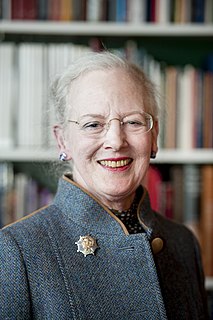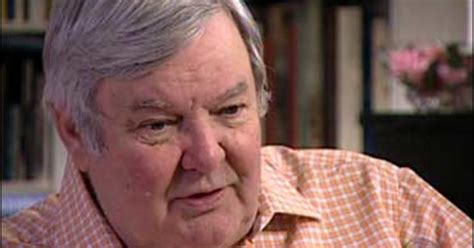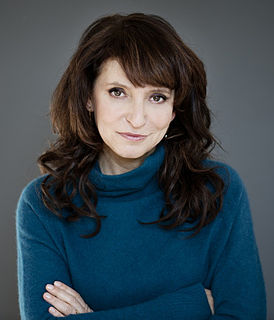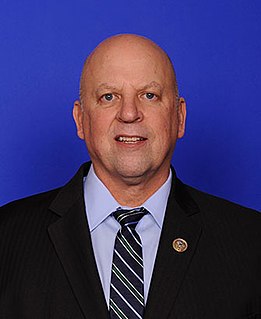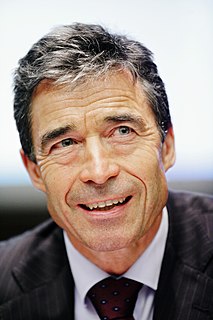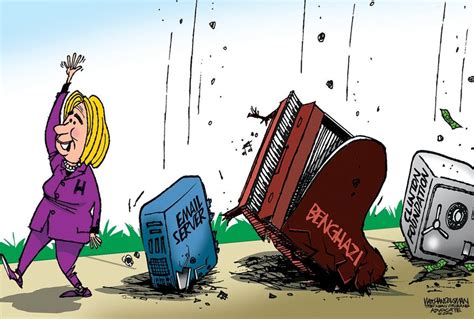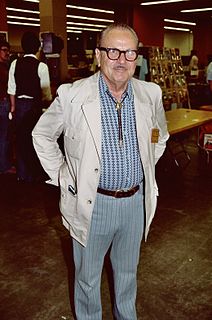A Quote by Salman Rushdie
What kind of a god is it that's upset by a cartoon in Danish?
Related Quotes
The rock-star thing became very destructive, like, wow. I didn't know what I was doing. I just kind of became that thing. The hair, that rock-star kind of lifestyle, just living a dream. It kind of took over. It started out very innocent and then I turned into a cartoon character. And I started to feel like a cartoon character.
Consensus and dialogue have always played a significant role, especially in Danish society. Of course there are basic values that must be respected, but within this framework, we are a liberal and tolerant country where everyone can live as they desire and according to their tradition. That is the Danish way.
My father would sit and design furniture and cabinets - he was a carpenter and cabinet maker - and I would ask for my own piece of paper and pencil. And when I would say, 'What should I draw?' he would push a cartoon under my nose and say, 'Here, draw this.' So the cartoon became a kind of focus of attention.


